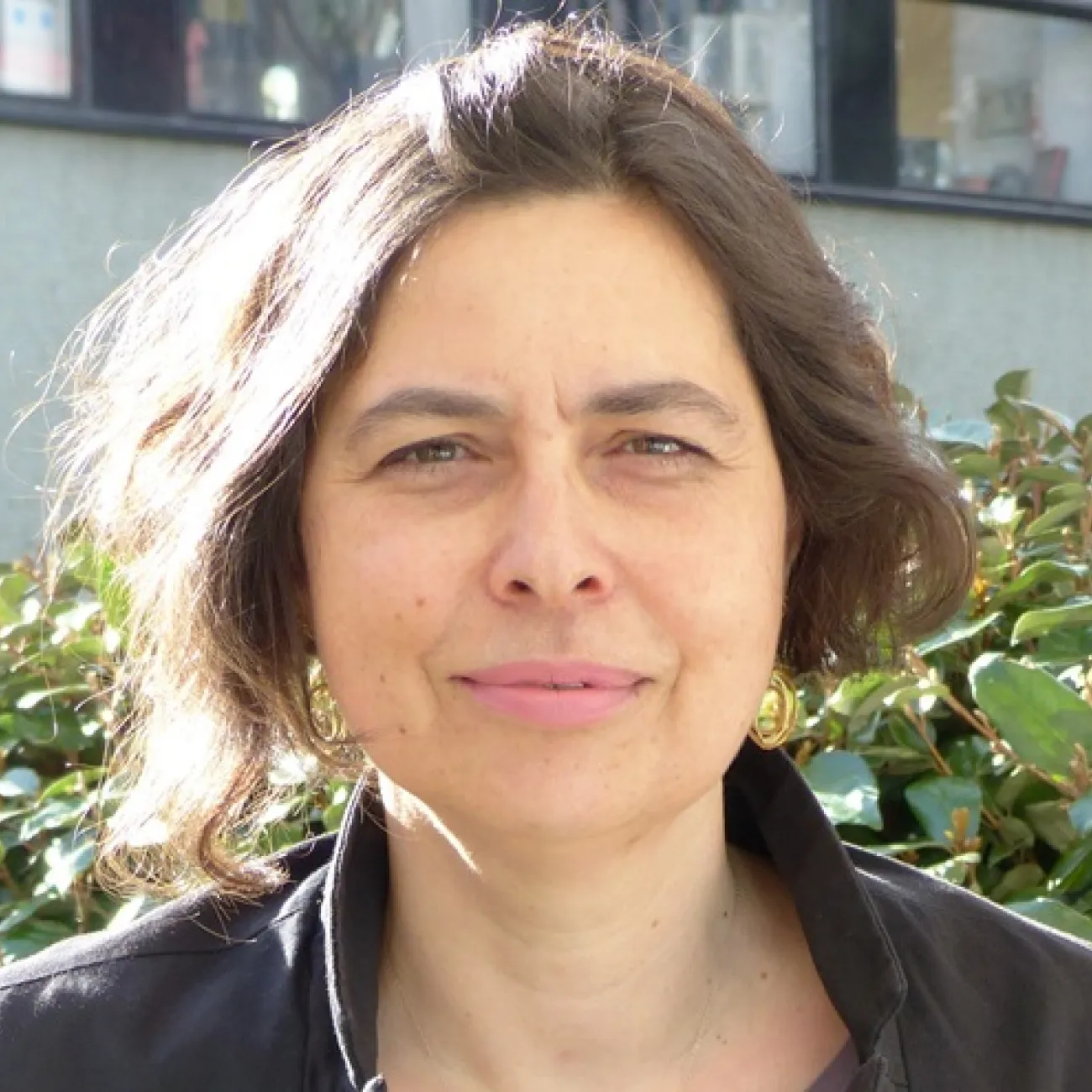About
|
I am working on the intersections of political sociology and the sociology of work. My expertise comprises social movement studies, humanitarian studies, sociology of gender, military sociology, and digital sociology. The red thread that runs through my work is the question how organisations overcome and perpetuate inequality through the in- and exclusion of different constituencies in membership and leadership, and through their goals and objectives. I have investigated this in a range of different contexts including the US Labour Movement, Women’s non-governmental organisation in Europe, and humanitarian and development organisations globally. My research on development and humanitarian assistance contributes to development studies, migration studies, politics and international relations, sociology of work and careers, and to the emerging sociology of international relations and humanitarianism. Building up on my earlier projects, my current research concerns the transfer of skills from the military to civilian work and life, particularly the transfer of military knowledge and practices to humanitarianism and disaster relief. I am also extending earlier research on the third sector, social movements, and humanitarianism though studying the impact of information and communication technologies (ICT) on these fields. I am an editor of The Sociological Review.
|
